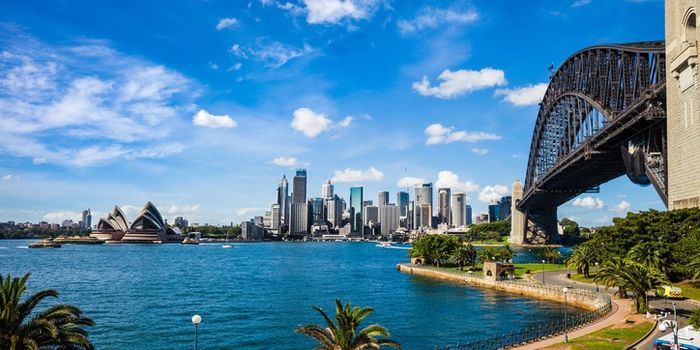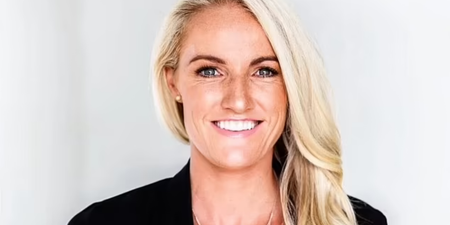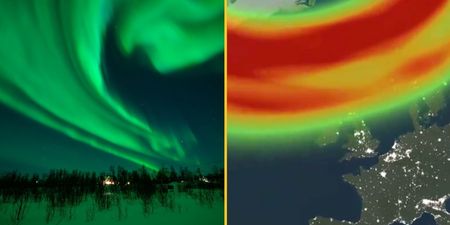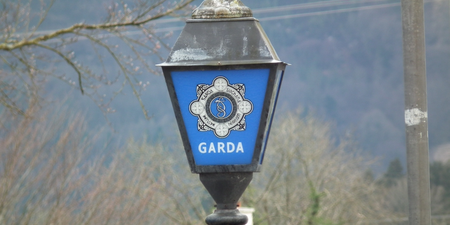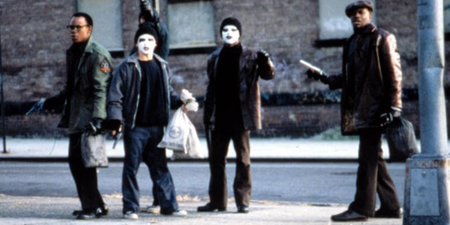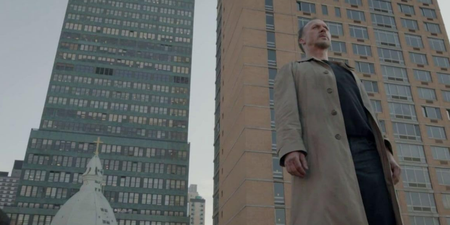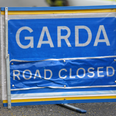Becoming an Australian citizen is a more complicated process than it was before.
Irish people in Australia could potentially be affected by a series of changes determining the eligibility of applicants looking to obtain citizenship Down Under.
Following confirmation that the 457 visa – which brings skilled workers into the country – is to be abolished and replaced by a new Temporary Skill Shortage (TSS) scheme, the latest changes make becoming a citizen a more stringent process for eligible candidates working in the country.
All applicants seeking to become Australian citizens will now have to meet the conditions set out below, the most notable of which is the requirement to have lived in Australia as a permanent resident for at least four years instead of the current term of one year, with years in the country on a sponsorship visa no longer counting towards that term.
- All applicants will be required to pass a stand-alone English test, involving reading, writing, listening and speaking.
- Applicants will be required to have lived in Australia as a permanent resident for at least four years instead of the current term of just one year. Years in the country on a sponsorship visa will no longer be counted.
- The citizenship test itself will be “strengthened” with new and more meaningful questions that assess an applicant’s understanding of – and commitment to – shared values and responsibilities of Australian citizens.
- Applicants will be required to show the steps they have taken to integrate into and contribute to the Australian community. Examples would include evidence of employment, membership of community organisations and school enrolment for all eligible children.
- The number of times an applicant can fail the citizenship test will now be limited to three. Currently no such limit exists.
- An automatic fail will be introduced for applicants who cheat during the citizenship test.

While acknowledging the tightening of visa rules and the potential impact on Irish workers Down Under, Irish Visa experts VisaFirst.com have urged Irish people working in Australia not to panic.
Edwina Shanahan, Managing Director of VisaFirst.com, said: “Over 3,000 Irish were granted Australian citizenship in 2015, with 2,369 securing it the previous year and 1709 in 2013. So yes, these changes will impact some Irish Down Under.”
“There is a definite tightening of rules coming from Immigration at the moment,” Shanahan added.
“But again it’s important not to be too dramatic and not to overstate their potential impact. There will still be lots of routes for Irish who want to live & work in Oz.
“Thousands of Irish people Down Under apply for Citizenship every year – and even more people in Ireland have a friend or family member who has set up home in the country.
“We are advising people not to panic but to be aware of the changes and to find out what exactly they might mean for them in particular. Each person’s situation will be different, but in general, these changes could make the pathway to citizenship longer.
“It is important that if you are considering going through the process or if you have a loved one who is about to embark on a citizenship application that you/they take good expert advice – it can be a tricky process to do on your own so it’s worthwhile having expertise on your side.
“Particularly for any Irish workers who are currently on a 457 visa – due to the changes the time they spend in the country will no longer be counted in the ‘four year minimum’ required for citizenship – so their option, should they wish to apply for citizenship, is to first get a Permanent Residency visa.”
In 2014-15, 136,572 people became Australian citizens by conferral from at least 210 different countries, including 3,092 people from Ireland, 2.3% of the total figure.
LISTEN: You Must Be Jokin’ with Aideen McQueen – Faith healers, Coolock craic and Gigging as Gaeilge
